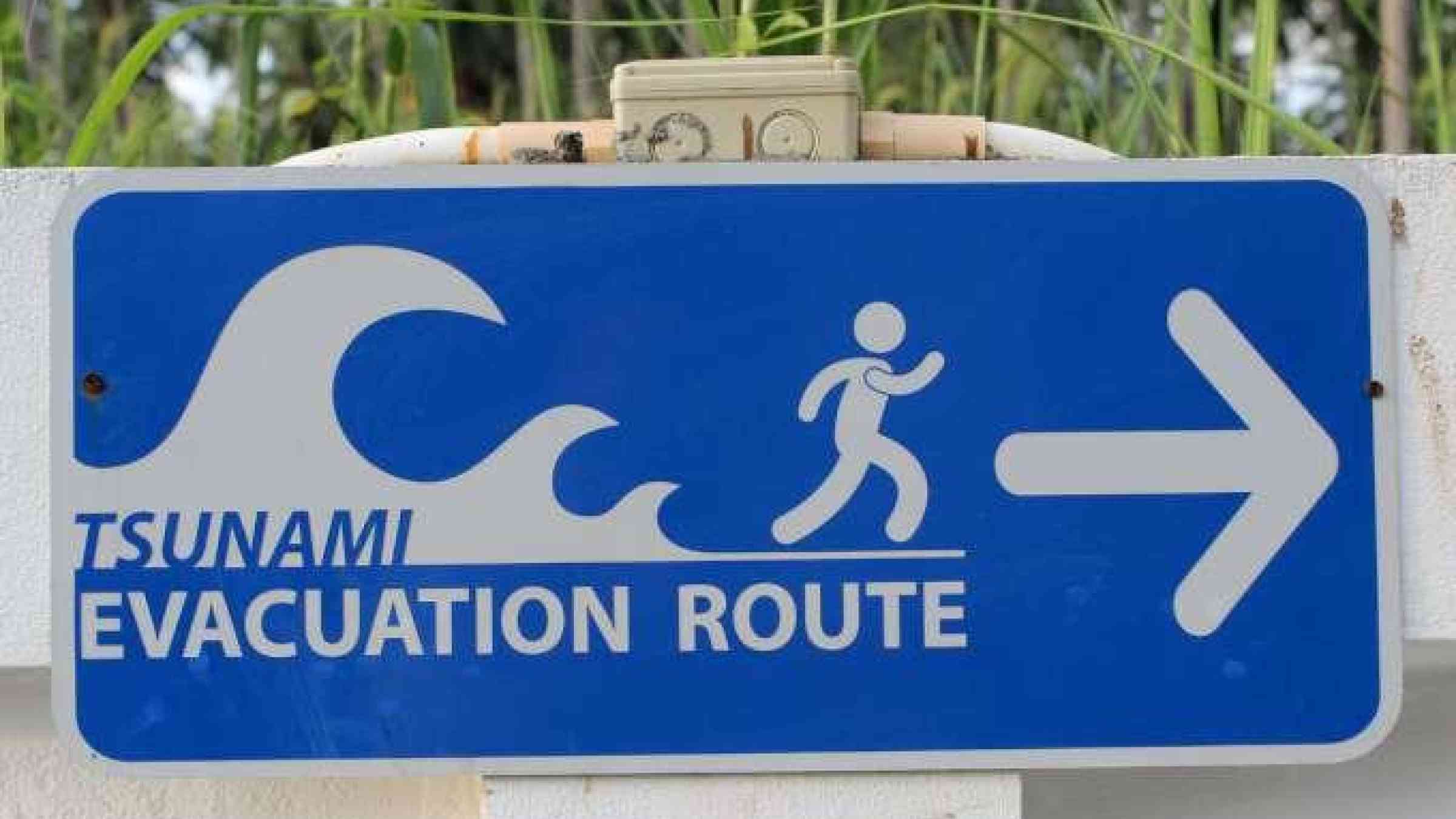Caribbean tests tsunami alert system

Countries bordering the Caribbean will hold an exercise aiming to assess and update their tsunami preparedness.
Known as Caribe Wave 18, the exercise will test the early warning systems established for tsunami and other coastal hazards in the region since 2005 under the aegis of UNESCO’s Intergovernmental Oceanographic Commission. It will also allow for an assessment of warning systems put in place by regional actors in charge of managing emergencies the region.
The exercise consists of three scenarios. It will simulate a tsunami generated by a powerful earthquake along the Southern Lesser Antilles, another off the Caribbean coast of Colombia and a third off the west coast of Porto Rico. Dummy messages will be sent from the US Pacific Tsunami Warning Center (PTWC) to the 47 countries and territories involved in the exercise.
Following the success of previous exercises that mobilized 330,000 people in 2016 and 740,000 in 2017, Caribe Wave 18 will engage representatives of national emergency management organizations, weather forecast services, coastguards, school and university students as well as representatives of hotel industry.
Over the last 500 years, 75 ocean tsunami have occurred in the Caribbean, nearly 10% of the worldwide total over the same period. Tsunami caused by earthquakes, landslides or volcanic activity have claimed more than 3,500 lives in the region since the middle of the 19th century (according to the U.S. National Oceanic and Atmospheric Administration, NOAA). The region has become ever more vulnerable to such risks due to massive population growth and the development of tourism in coastal areas.
The Intergovernmental Coordination Group for the Tsunami and Other Coastal Hazards Warning System for the Caribbean and Adjacent Regions ((ICG/CARIBE EWS) was set up under the aegis of the IOC in 2005 to help Member States establish tsunami warning and response systems.